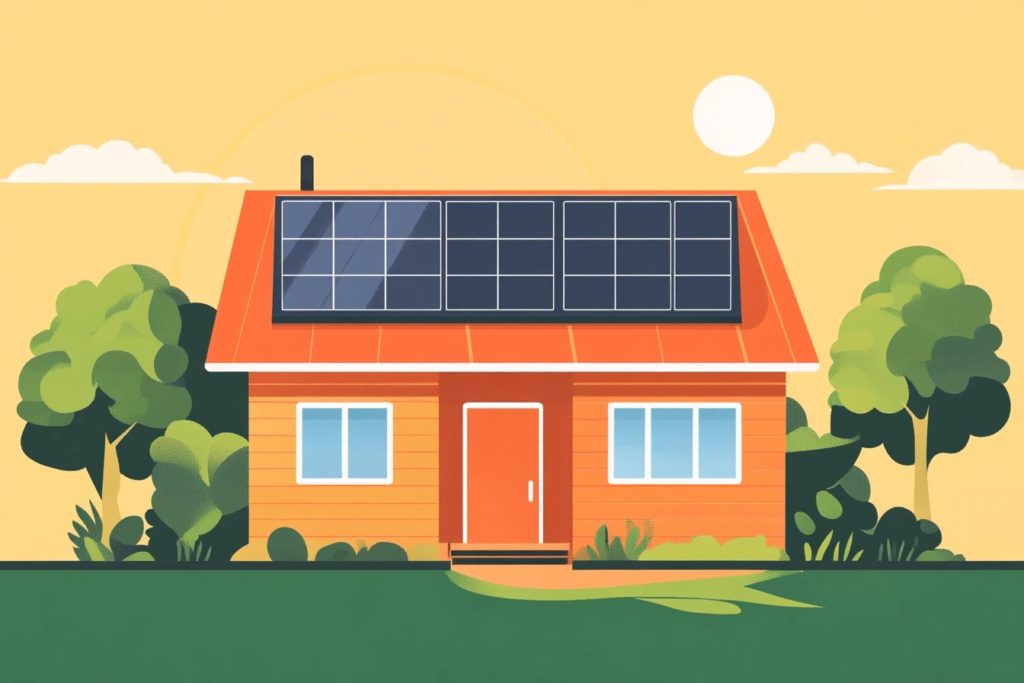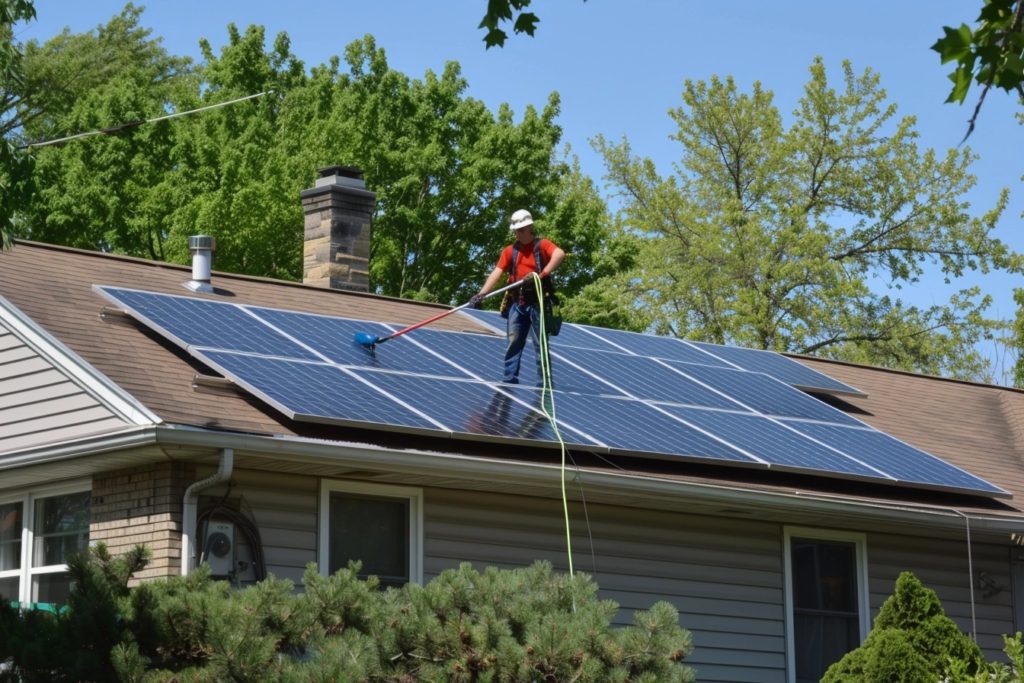For many homeowners, installing a solar power system is a great way to save some money, while also protecting our environment. However, there are many variables involved that can skew the financial numbers either positively or negatively for you. Let’s discuss the different questions you need to answer in order to determine the cost-effectiveness of residential solar for your home.
The first major variable is how much you pay for electricity from your utility company. Depending on which part of the country you live in, you might pay as much as 20+ cents per kilowatt-hour for residential power, but other regions can be as cheap as 10 cents per kWh, or even lower. Obviously, the more you’re currently spending on your energy, the more money you can save with solar.
Next, you’ll need to consider how much you’ll have to spend setting up your solar system. There are many variables for this question, including the size and energy efficiency of your home, the amount of direct sunlight your home receives on an average day, whether you plan on buying or leasing your solar panels, and more.
Another vital question along these same lines is which incentives and tax rebates you might be eligible for in your location. Different locations around the country have different government incentives available that can make a major impact on your costs.
In short, residential solar power can definitely save money for many homeowners, but you will need to properly analyze your specific situation to determine how cost-effective a solar installation will be for you.




